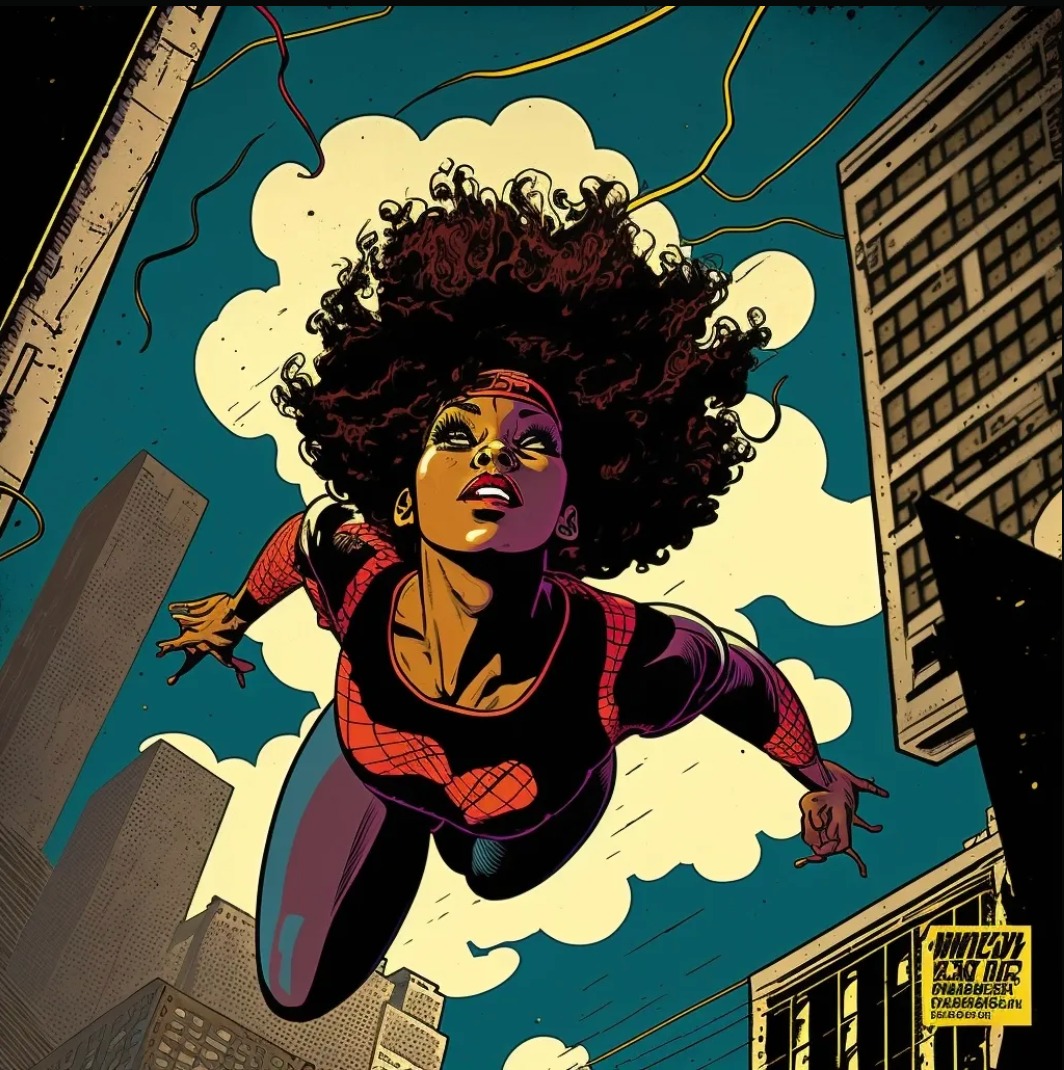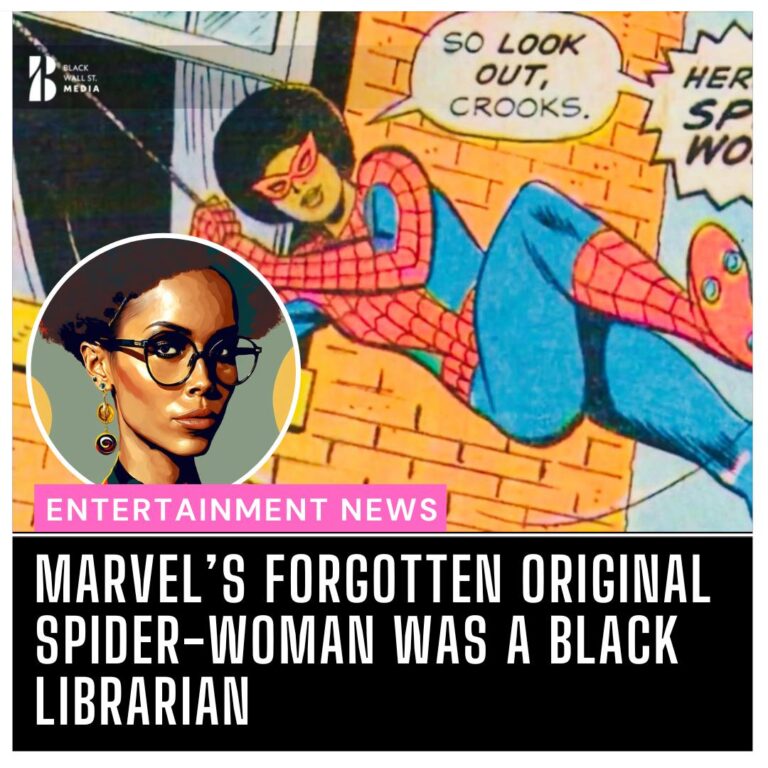
In a cross-promotional comic series with The Electric Company, Marvel Comics gave readers their first Spider-Woman three years before Jessica Drew made her debut, with a Black woman taking the mantle.
Marvel Comics has established dozens of spider-like heroes, beginning with Peter Parker’s Spider-Man and expanding to include everything from a cosmic being who oversees all spider-kind, a spider bitten by a radioactive pig, and every significant woman in Peter’s life getting an iteration of Spider-Hero.
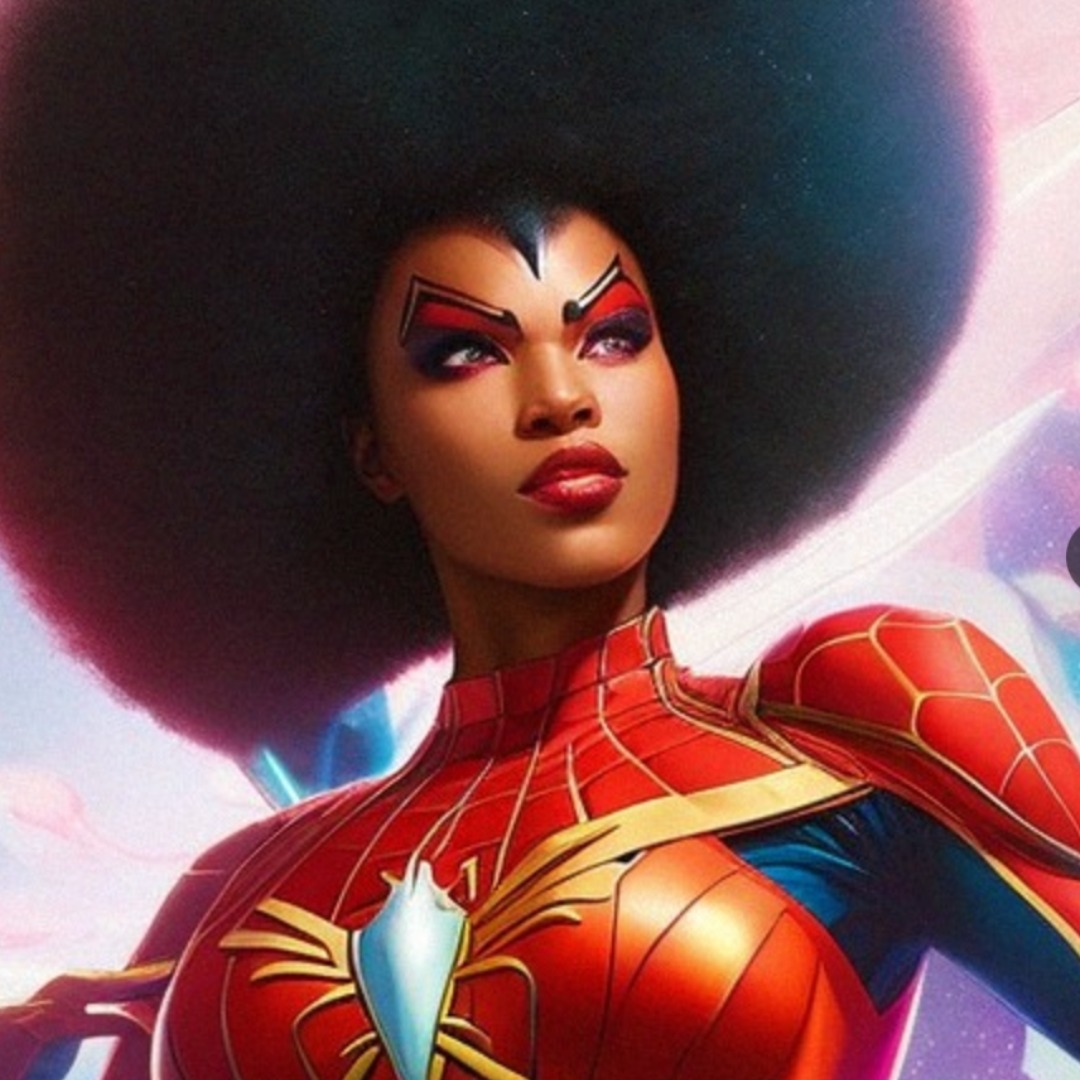
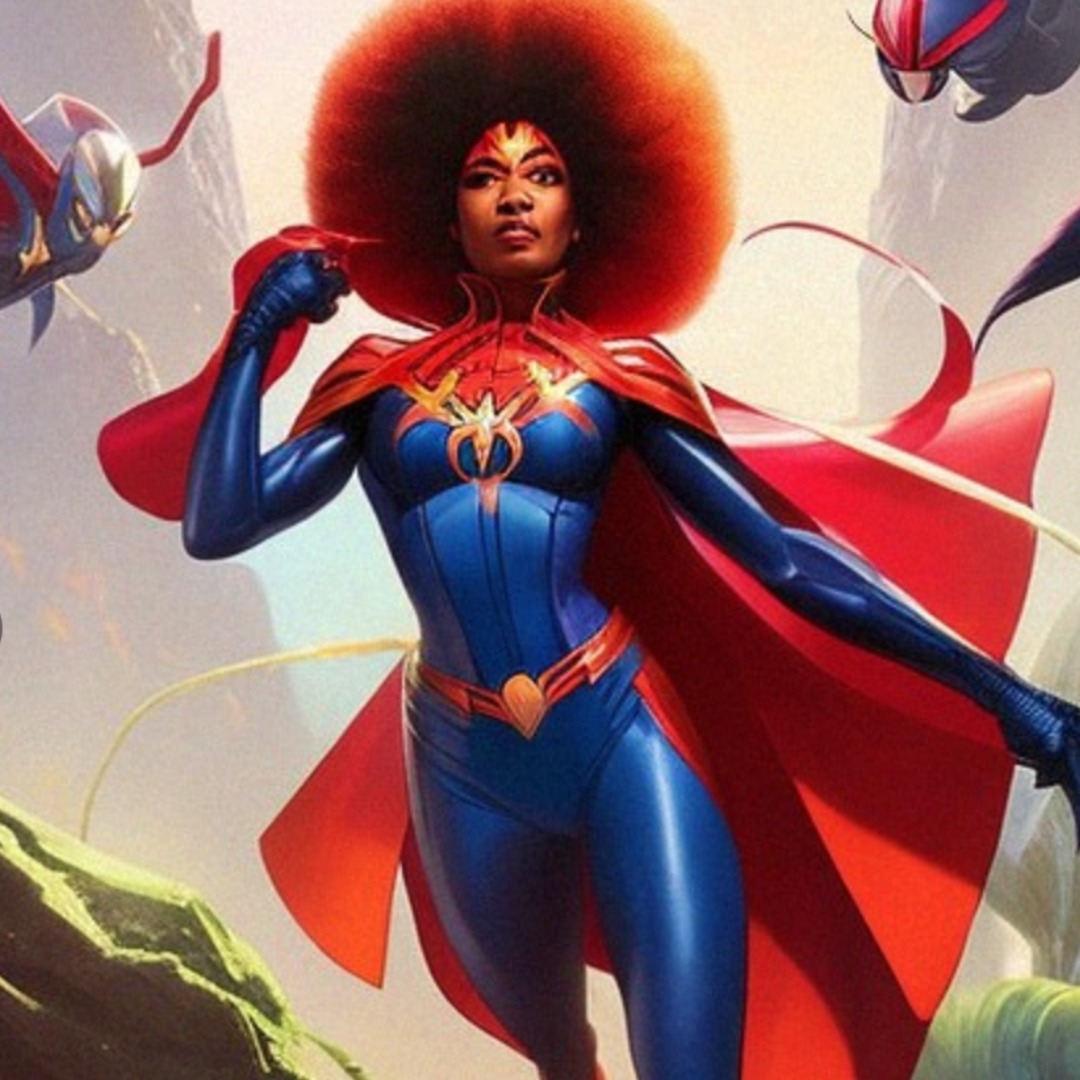
Spider-Woman, however, stands out as one of the longest-lasting Spider-Man counterparts, establishing herself as a hero all her own separate of Spider-Man’s adventures. The first Spider-Woman, however, made a big impact on Peter in her brief time with the mantle.
In issue #11 of the comic series Spidey Super Stories, a cross-promotional comic produced by Marvel and the PBS TV series The Electric Company, written by Jean Thomas and penciled by Win Mortimer, the first Spider-Woman made her debut. Known as Valerie the Librarian, she was inspired by Spider-Man to defend her library from several low-level villains, including the Vanisher and the April Fool.
After these experiences and witnessing Spider-Man take down other villains, she sought the opportunity to become a superhero all her own. Little did she know, her chance to do just that would literally fall into her lap.
Valerie’s time as Spider-Woman was, admittedly, short-lived, but in her only mission in the suit she managed to take down one of Spider-Man’s oldest foes.
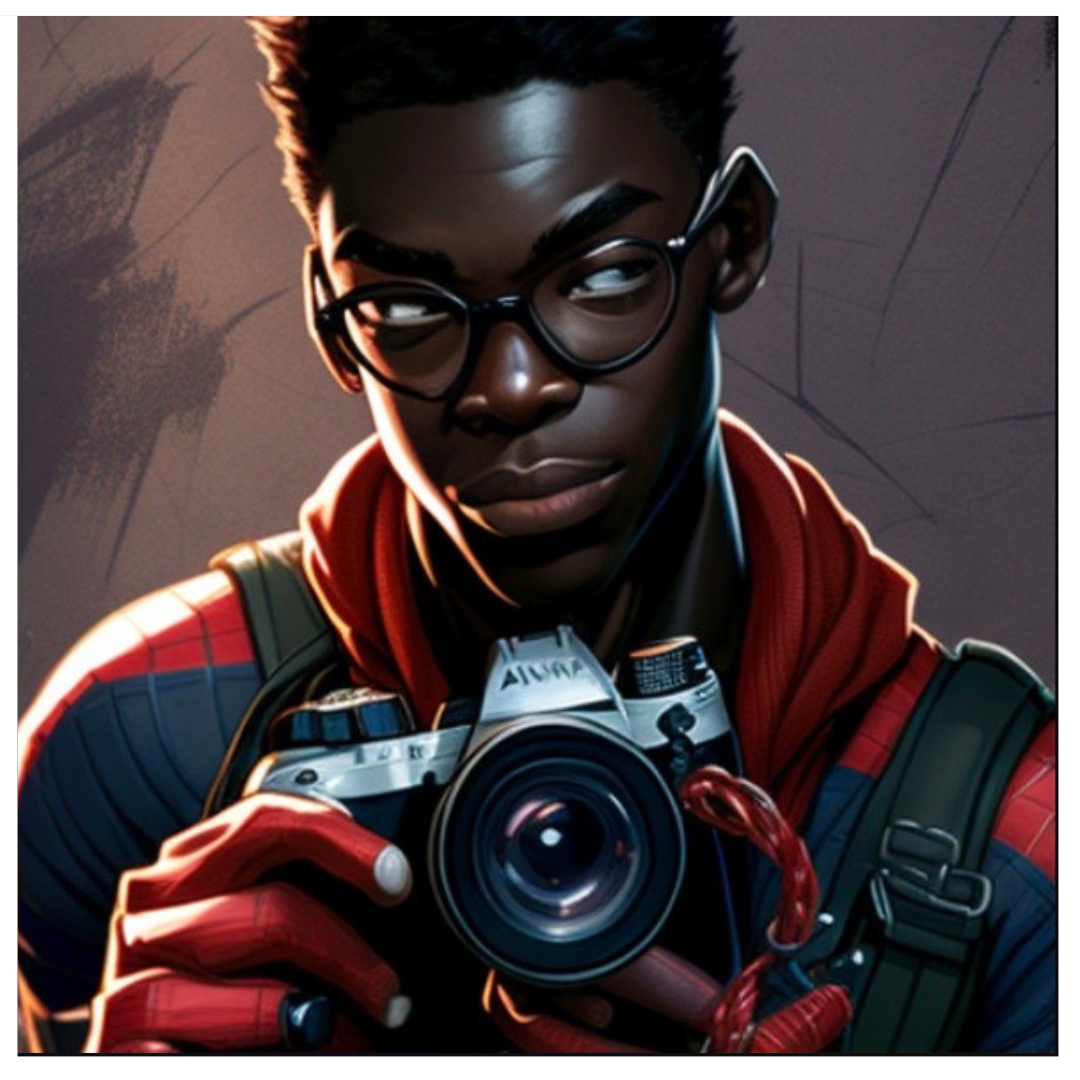
After managing to stop the Vulture from robbing a jewelry store, Peter decided to take a rooftop sunbath, unknowingly dropping his suit into Valerie’s lap — which she outfitted with suction cups on the hands and feet to let her climb walls — giving her the opportunity to become the superhero she longed to be.
Taking the mantle Super-Woman, Valerie hit the streets to defend New York alongside the Friendly Neighborhood Web-Slinger.
With Spider-Man struggling to deal with a second assault from the Vulture due to a sunburn, Valerie took the opportunity to strike.
Swinging in at the perfect moment, Spider-Woman managed to take down the Vulture and free Spidey from his trap.
Thwarting his last-second escape attempt with a double-web takedown (and a quip worthy of Spider-Man’s Pun Hall of Fame), the two Spider-Heroes hand the Vulture over to the police.
Valerie among Marvel’s first Black heroes.
What makes Valerie the Librarian intriguing extends well beyond her plucky roots. While she didn’t take up the mantle right away, Valerie’s first appearance in Marvel Comics predates Storm’s debut in 1975’s Giant-Sized X-Men #1, by Len Wein and Dave Cockrum, by nearly a year.
The only Black superheroes to debut in Marvel Comics before Valerie were Black Panther, The Falcon, Blade and Luke Cage. While her impact was short-lived and didn’t have a massive impact on the Spider-Man mythos, being the first Black, female hero in Marvel Comics is no small feat.
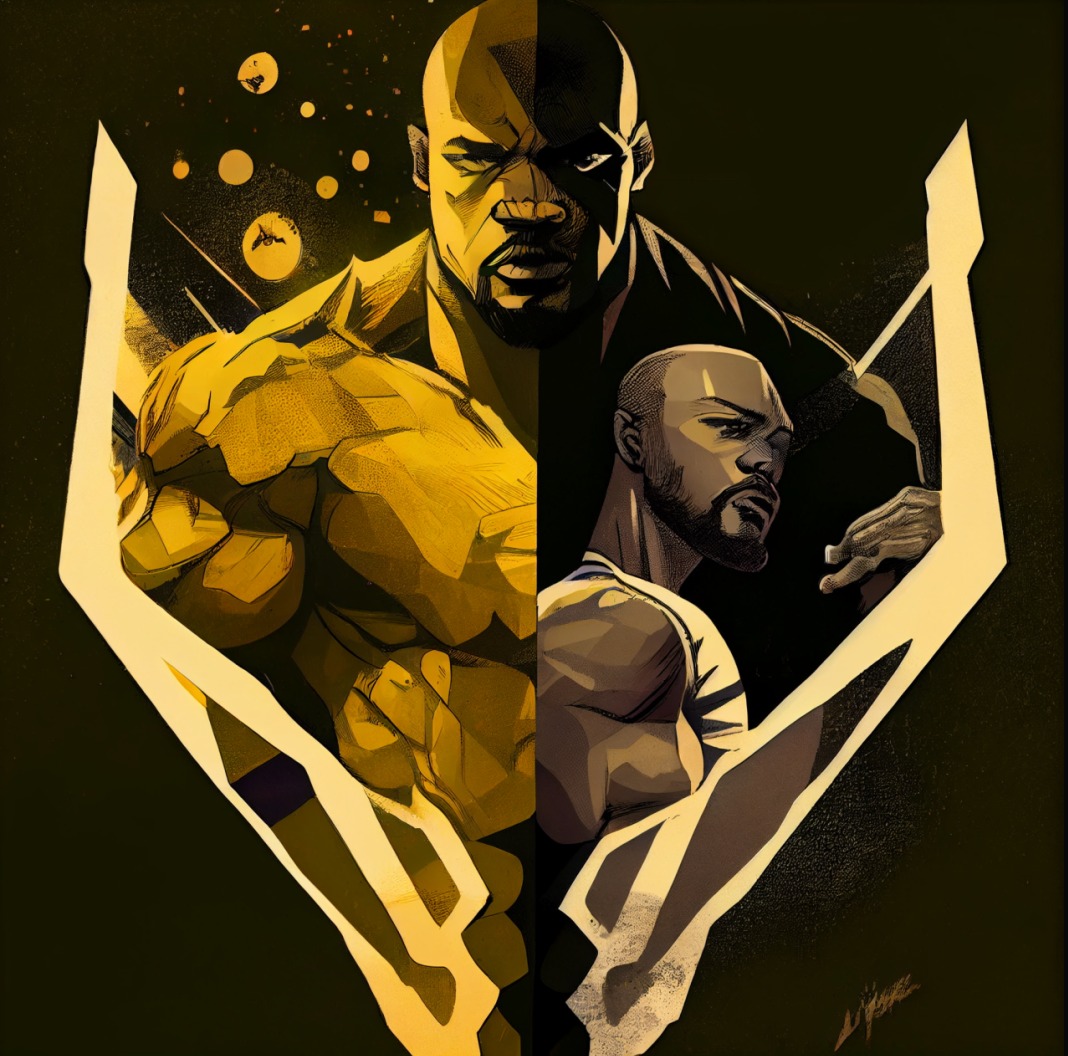
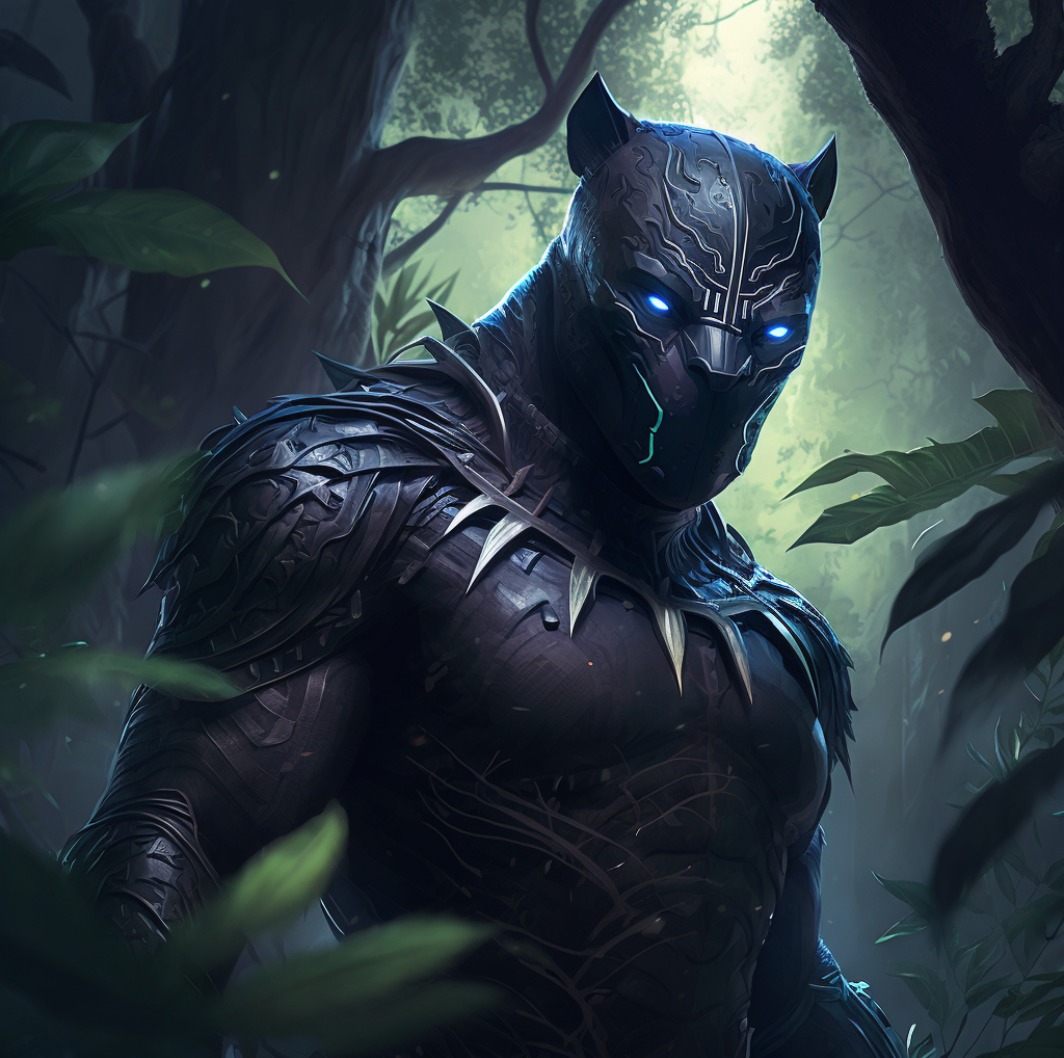
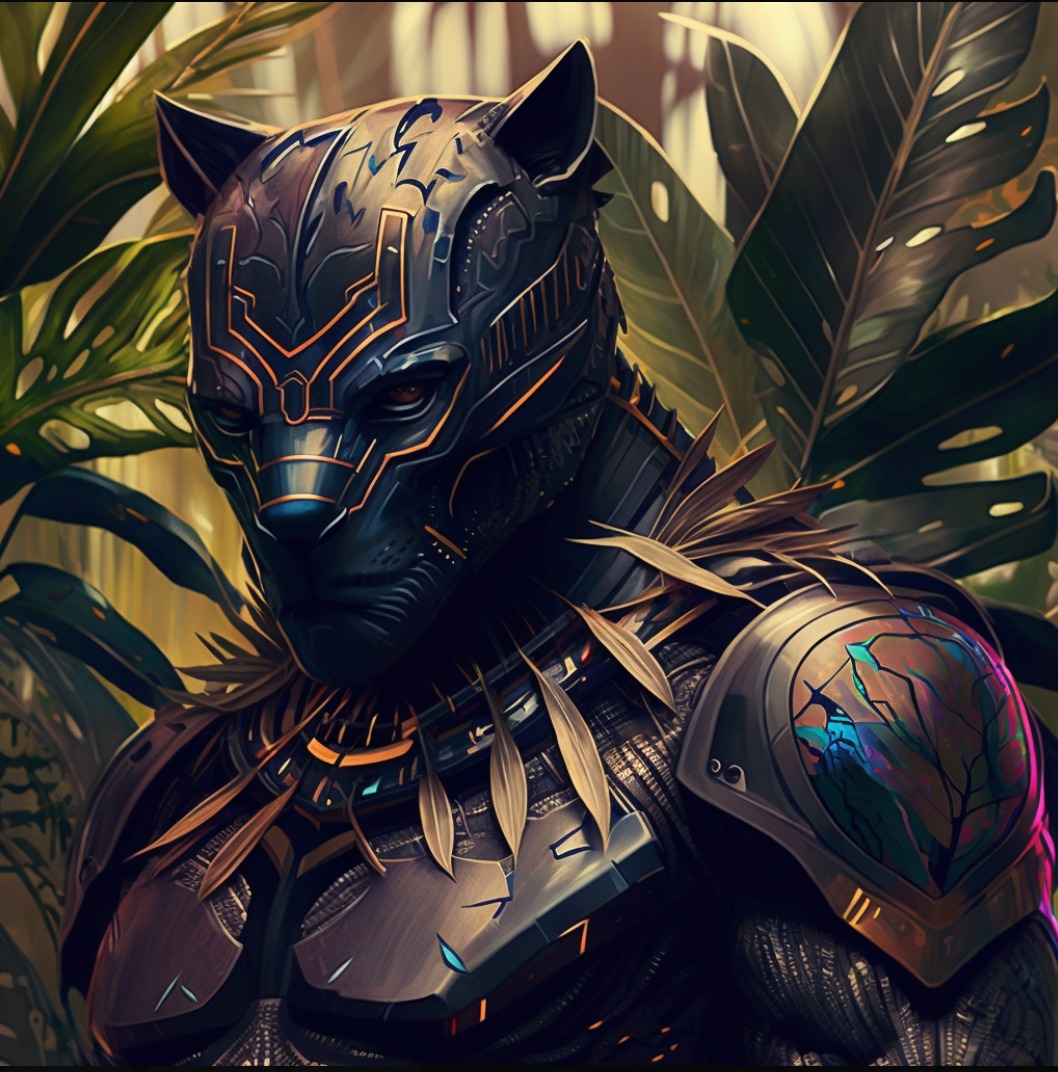
With Black Panther making his debut in 1966 and only four other Black heroes coming between him and Valerie in 1975, Black heroes in general had a slow start in Marvel Comics.
In the early ’60s, Stan Lee reportedly had to direct artists to use Black background characters, and even showed signs he was hesitant to create a Black hero amid the Civil Rights movement.
Black Panther, while a very unique hero for his time, leaned on stereotypes of native African culture as it was understood by Westerners back then; full of mystery and magic that loosely blended all of Africa into a singular culture.
While Black Panther’s stories did often subvert ideas of modern colonialism and push back against highly offensive stereotypes, it fell short of telling a grounded story about Black people.
Years later, when Luke Cage was introduced to fans, it was during the controversial Blaxploitation era of Hollywood, which used what some feel to be offensive stereotypes of Black culture.
While Cage was meant to be a genuine attempt at exploring Black American culture, it’s hard to argue it didn’t fall into that offensive genre in its beginnings. Valerie, on the other hand, stands in stark contrast to both T’Challa and Cage.
A young educator who is looking to do nothing more than keep her community safe is a grounded, thoughtful story that makes her a person. Unlike the Hero for Hire, she sheds much of the 1970’s stereotypes in media about Black people, making her story feel more timeless and earnest.
Valerie Has a Home in Modern Spidey Stories
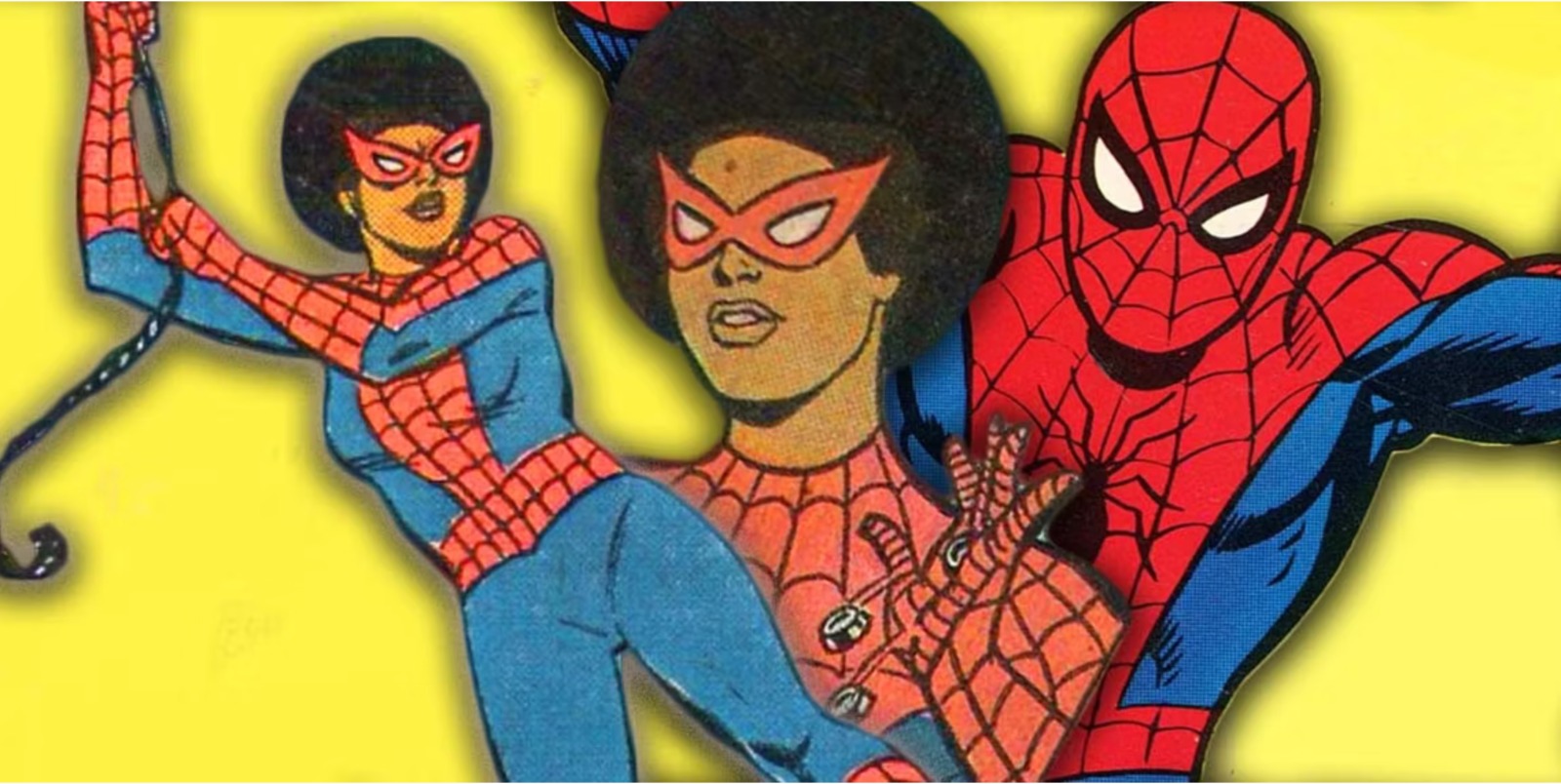
What makes Valerie such an interesting character today goes beyond the ground she broke. Spider-Man and his cohorts have been deeply intertwined with the Multiverse, with several Spider-Verse comic runs hitting shelves over the past few years.
What started as a novelty for longtime fans of Spider-Man has turned into its own sub-universe within Marvel Comics, complete with reality-bending cosmic beings and team-ups of iconic heroes in the franchise.
While there is a fair amount of criticism for the overuse of Spider-Man by Marvel, they have managed to turn that criticism into an asset all its own.
Part of what makes the Spider-Verse work so well is the branching realities they come from. The Spidey Super Stories series took place outside of the main continuity, specifically on Earth-57780, making Valerie an excellent candidate to make a future Spider-Verse appearance.
In recent years, Marvel has begun embracing diversity across its comic series, Spider-Verse not withstanding. A Black educator from the 1970s taking up as a Spider-Hero could be a huge boon for Marvel, giving modern fans a window into a progressive moment for the iconic Web-Slinger, while also proving that the mantle has a diverse past.
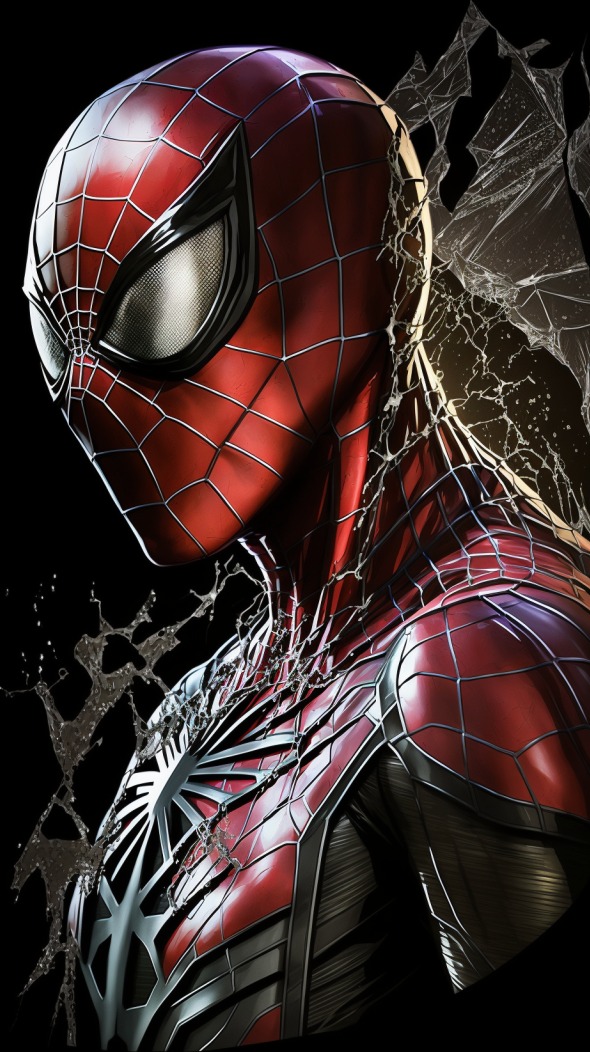
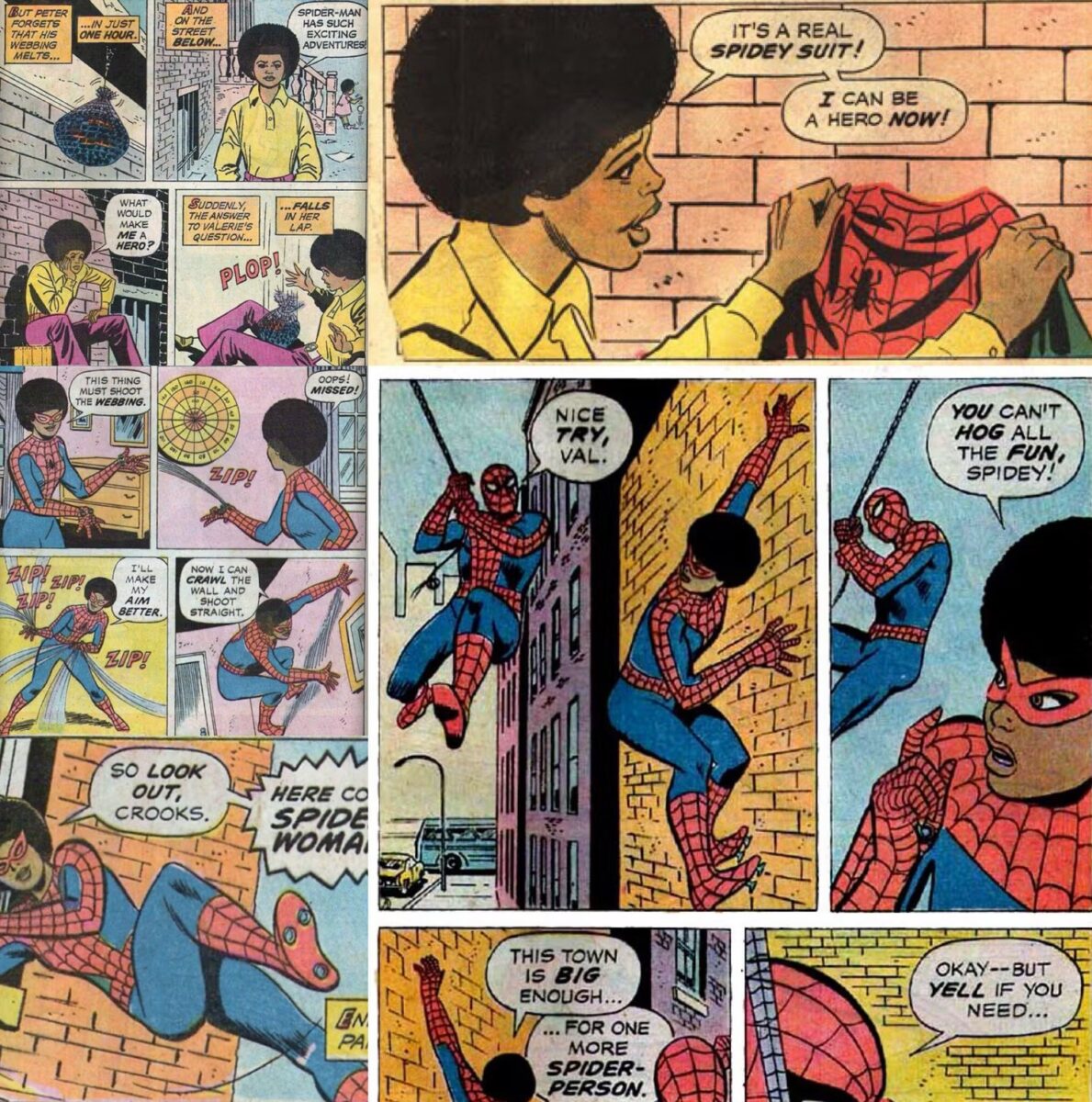
In addition, seeing Valerie stand along the likes of Miles Morales, Peter Parker and Ben Reilly could be a truly iconic moment in comics.
The multiverse allows Marvel to pluck any character, from any universe and any time period and put them in modern, main continuity stories. Even a brief appearance by Valerie could have a tremendous positive impact, both within her story, but for longtime fans of Spider-Heroes.
There are loads of characters in Marvel Comics whose heroic tenures were no more than a flash in the pan. While some find their way back into modern stories, most often those characters fade into obscurity.
Valerie the Librarian, however, is by no means that type of character. Her tenure as Spider-Woman may have been brief, but it was ground-breaking and unique to much of what modern hero origins look like.
With the continuing popularity of the Spider-Verse series, and the growing need for more diverse, unique heroes, Valerie the Librarian should very well show up alongside Spider-Man.

